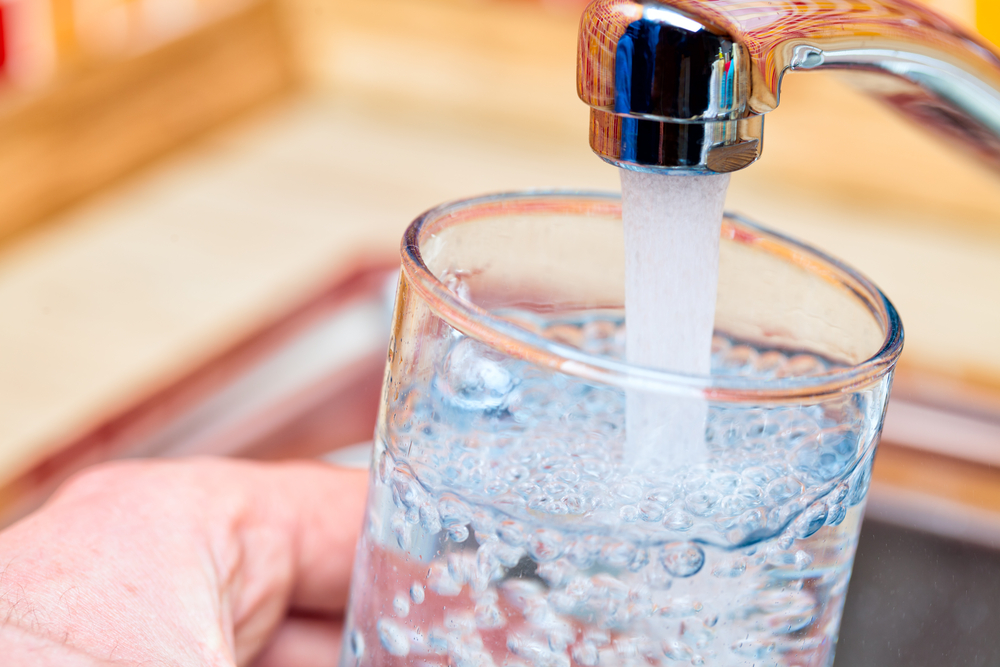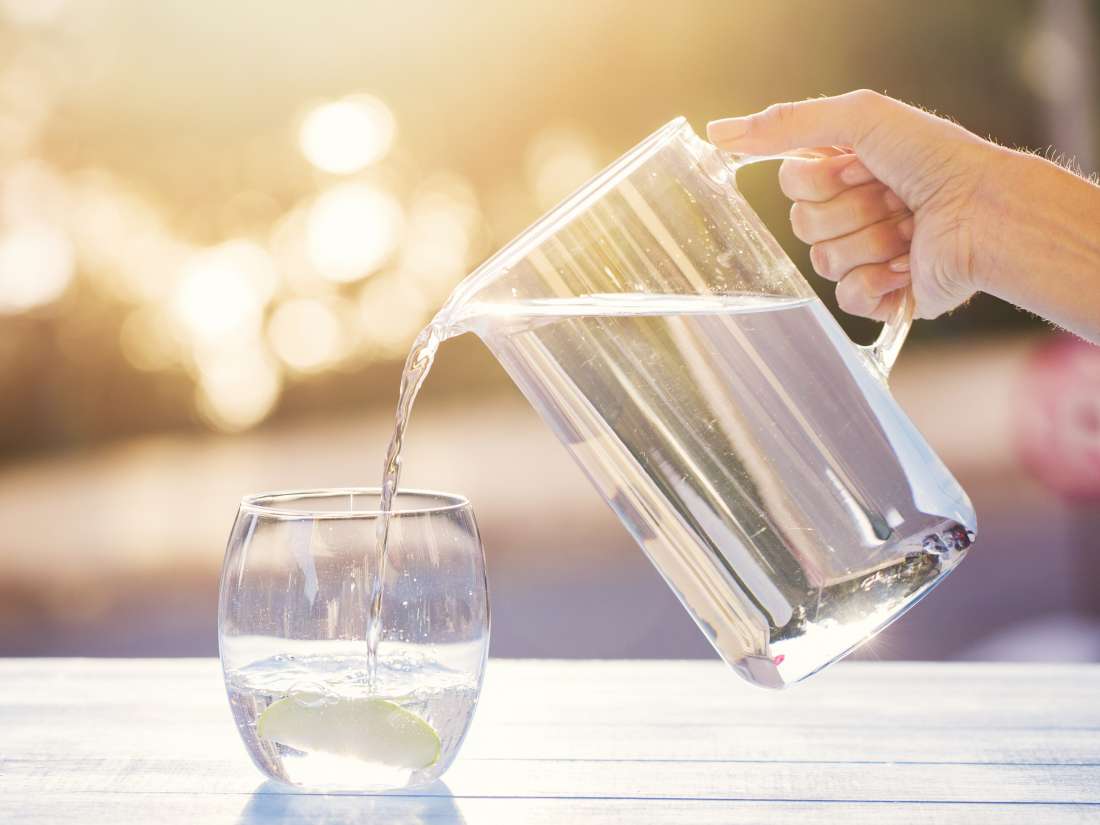Carbonated water (also known as soda water, sparkling water, fizzy water, water taking into account gas or (especially in the U.S.) as seltzer or seltzer water) is water containing dissolved carbon dioxide gas, either artificially injected under pressure or up due to natural geological processes. Carbonation causes small bubbles to form, giving the water an effervescent quality. Common forms enlarge sparkling natural mineral water, club soda, and commercially-produced glowing water.
Club soda and sparkling mineral water and some other glowing waters contain added or dissolved minerals such as potassium bicarbonate, sodium bicarbonate, sodium citrate, or potassium sulfate. These occur naturally in some mineral waters but are with commonly bonus artificially to manufactured waters to mimic a natural announce profile. Various carbonated waters are sold in bottles and cans, later some next produced upon demand by announcement carbonation systems in bars and restaurants, or made at home using a carbon dioxide cartridge.
Carbonated water is a key ingredient in soft drinks: charming beverages that typically consist of carbonated water, a sweetener and a flavoring, such as cola, root beer, or orangey soda. Plain carbonated water is often consumed as an alternative to soft drinks; some brands, such as La Croix, build unsweetened seltzer products that are lightly flavored by the addition of aromatic ingredients such as valuable oils. Carbonated water is often consumed dirty taking into consideration fruit juice to create sparkling punches or other cocktails, or infused once freshen by the supplement of cut-up open fruit or mint leaves.
15 benefits of drinking water and other water facts
Drinking Water Allen County Department of Health
5 Ways To Look Younger Instantly



No comments:
Post a Comment